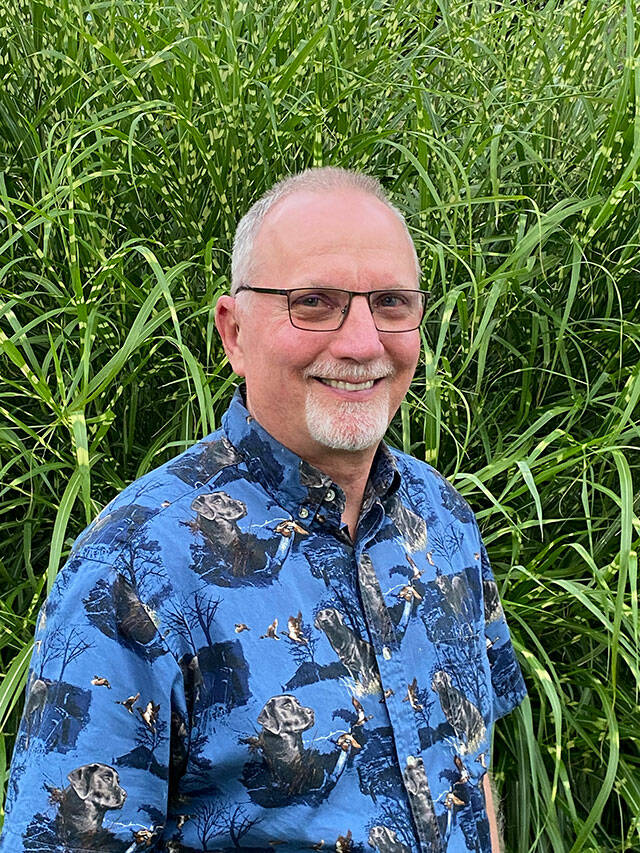When I was eighteen, I joined a religious cult because I had no confidence in my own ability to make good decisions. I felt I could avoid making mistakes by letting the “man of God”, Herbert W. Armstrong, who led the cult, tell me what to do.
The Worldwide Church of God (WCG) or the ministerial training institution, Ambassador College located in Pasadena, CA, had many divergent beliefs from mainline Christianity. The chief belief that separated the WCG from most Christian churches was the assertion that the citizens of the United States were largely the descendants of Manasseh, the younger of the two sons of the ancient biblical patriarch Joseph, who had been sold into slavery by his jealous brothers. Great Britain was filled with the descendants of Joseph’s oldest son, Ephraim. Western Europe was made up of the rest of the lost Ten Tribes of Israel who had been banished by God and taken into exile in 722 BC for their sins of idolatry and rebellion.
We kept the Jewish festivals: Passover, Pentecost, the Feast of Trumpets, Yom Kippur and the Feast of Tabernacles. We worshipped on Saturday Sabbath, and did not eat pork or shellfish. Many Jews still practice these customs today.
In 1973, after I graduated from Ambassador College and got a master’s in history from Pepperdine University, I realized I had been scammed. I returned to Washington state.
The cult eventually broke up, and several different religious groups arose out of the “ashes”. It was like the Protestant Reformation in the 1500s when Luther challenged the Catholic hierarchy. Some adhered to the former doctrines and still survive today as separate denominations. For these true believers, the cult left them. Their attitudes remain frozen in time. Others turned away from religion completely and became agnostics or atheists. One of them continued to believe in God, but rejected Christ. He became a believer in reincarnation, based upon accounts of those who endured “near death experiences.” Another friend, who was Jewish, returned to Judaism.
Just a few weeks ago, my wife, (who did not join the cult) and I flew back to Pasadena for a reunion with others who had not only left the cult, but stayed in Pasadena and published magazines and newsletters to inform other members that they had been conned.
Upon reflection, I came to understand several things during that “survivor’s reunion”.
First, a few, like myself, rejoined mainstream Christianity. However, I did not totally buy into all the aspects of the mainstream because some beliefs, I felt, were based on tradition and not found in the Bible.
Second, many who found their belief systems being changed as the cult disintegrated are now religiously and politically very conservative. A high percentage are Trump adherents.
One classmate at the meeting who retained his Christianity set up a non-profit called “Born to be Loved” where he and his supporters are involved in “Rescuing girls and boys from the dark world of violent abuse.”
Third, there was tolerance at this gathering for our differing religious/non-religious beliefs. If all of us learned anything, it’s that dogmatism is a myth. All were able to discuss their views rationally and reasonably, without argument. (If only Congress had this ability!)
Fourth, many are politically conservative or libertarian. They prefer small government and few regulations. Some are moderates like myself, while others simply had no interest in discussing politics at all.
Fifth, many of the people at the reunion had married other Ambassador College graduates and remain married today, fifty or more years later. It seems that the cult’s focus on family paid dividends.
Most of the Ambassador graduates at the reunion did not go into the ministry, which was a goal of the college. Some got on-the-job training in internet technology or media. One worked as a copy editor for various publications of the church and college, and ended up getting an MBA, eventually becoming a government accountant. Others went into business. I spent the next 31 years teaching social studies at Sumner High School.
All attendees had changed physically with passage of time. Beauty faded and waistlines increased, hair disappeared, and beards grew.
Reunions, like the one described above, serve as a life review, causing each of us to ponder the effects of our life decisions.


